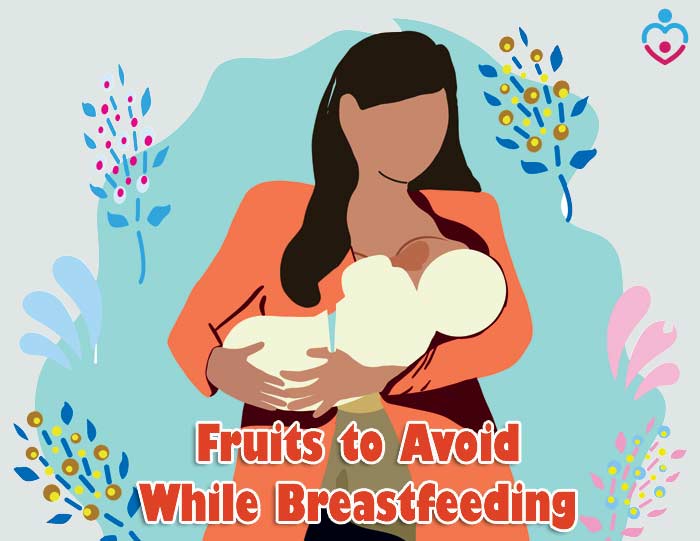
We know that fruits are generally considered healthy for you and your little bundle of joy. They are rich in natural sugar and fibers, which can bring a lot of benefits to your baby.
However, are there any restrictions when it comes to fruits for breastfeeding mothers?
So...What fruits not to eat while breastfeeding?
Yes, there are certain fruits you should try to avoid during this phase. Let's explore those top 10 forbidden fruits while nursing and the reasons to avoid them.
Fruits to Avoid While Breastfeeding
Here are the top 10 fruits that you should try to eliminate when nursing newborns:
1. Limes
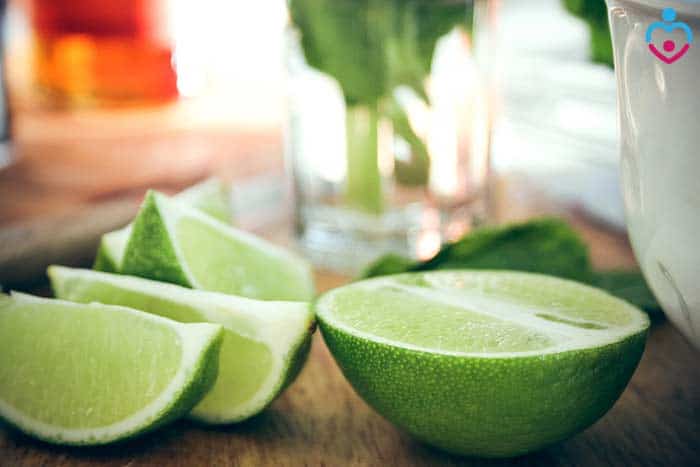
The fruits to avoid when breastfeeding are limes. Limes are very acidic fruits, and this is unsettling for your baby's undeveloped digestive system. These fruits are rich in vitamin C, which, even if it is healthy, it is hard to digest for babies.
Too much vitamin C can irritate their digestive system and cause adverse reactions.
2. Oranges
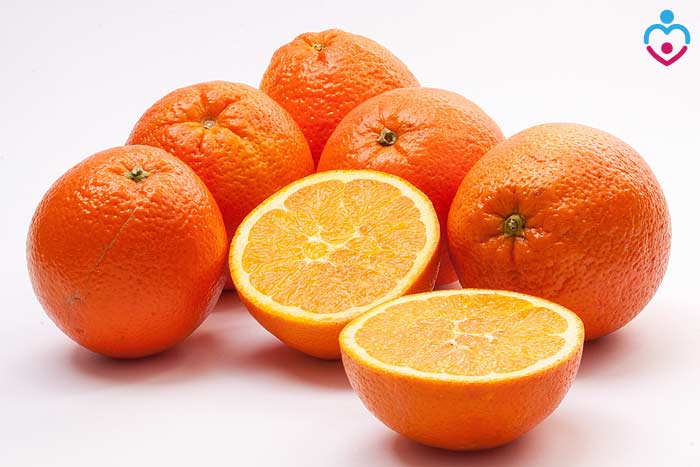
Oranges like other citrus fruits are acidic, but they can also develop allergic reactions in some infants. They contain a lot of vitamin C as well, and they can give skin reactions such as rashes or irritations and hives. Some babies are allergic to citrus fruits altogether.
In these cases, the reactions will be more severe, and you should avoid these fruits altogether. However, if your baby is not allergic, try introducing orange juice after six months of age.
3. Strawberries
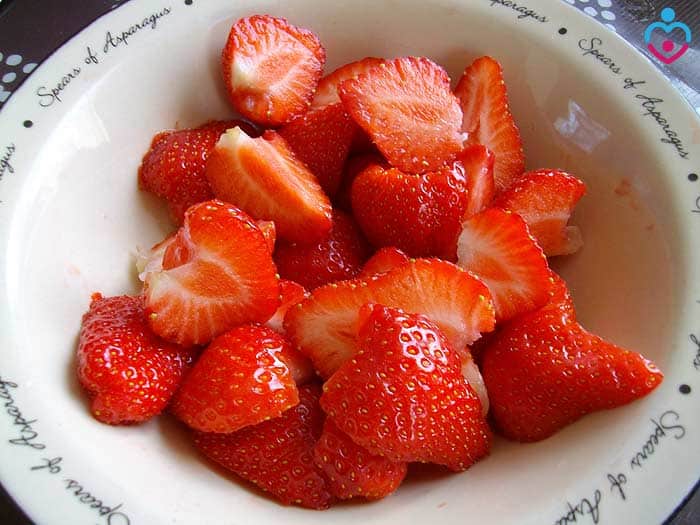
The next fruit not to eat while breastfeeding is strawberry. Strawberries have a lot of sugar that your baby will not be able to assimilate. Not only that, this sugar is hard to digest, but it is also hard to break down.
Their system is not developed enough, and they lack vital enzymes that are needed to digest such fruits.
4. Kiwis
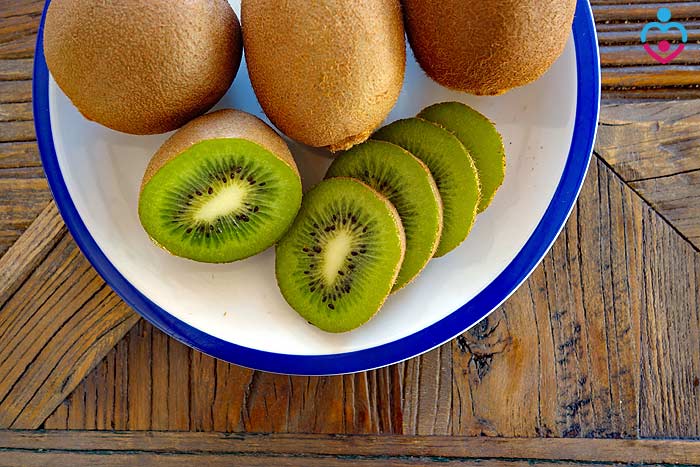
5. Grapefruit
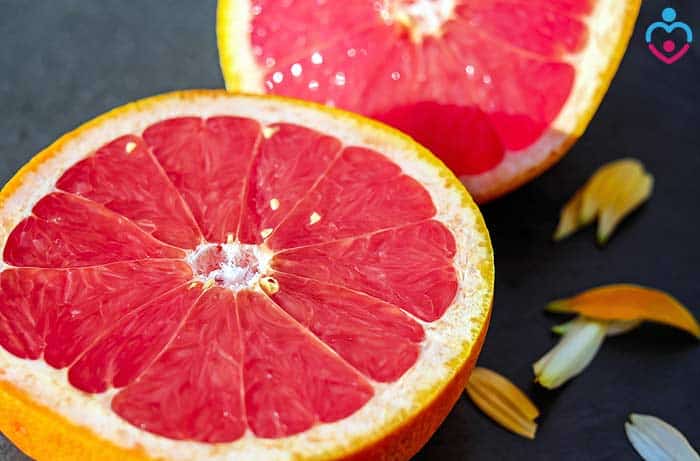
6. Cherries
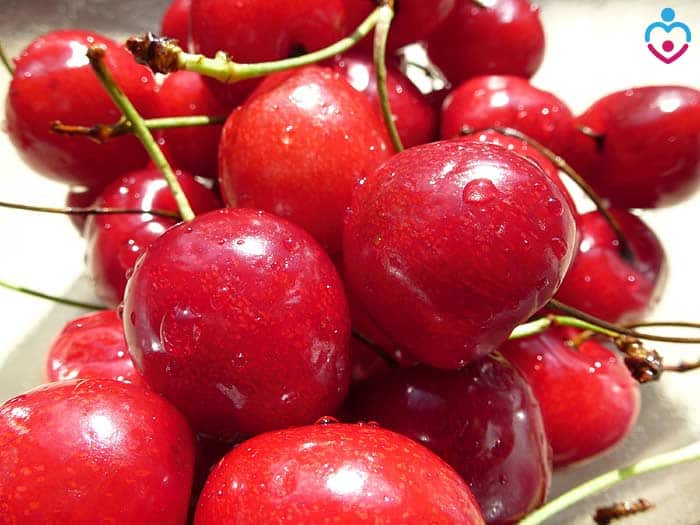
Cherries can cause a lot of issues, such as gastric problems and digestive ones. This is not because they might be unhealthy but rather because your infant is not ready to assimilate them. Eating them in moderation will most likely not cause significant side effects.
But if you are breastfeeding every couple of hours, you are more on the safe side by avoiding cherries altogether.
7. Prunes
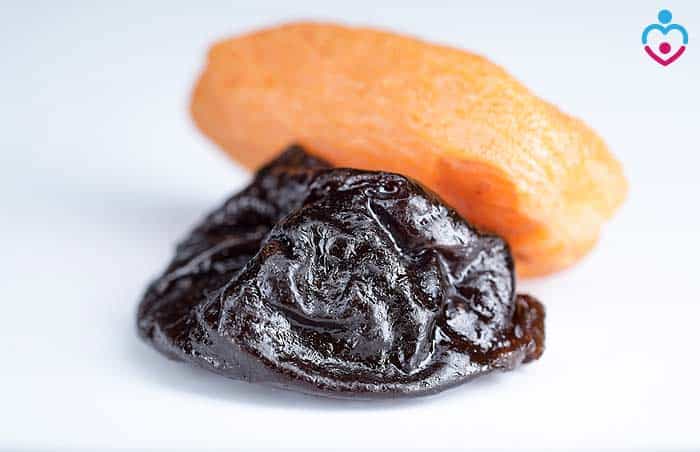
The next fruit to avoid during breastfeeding is prune/plum. Prunes are also hard to digest for infants, even harder than cherries. They might also cause diarrhea and bloating. Since they are laxative fruits, they will pull the minerals and nutrients off your baby's system and cause dehydration. Reducing prunes and prune juice is a wise decision when you are breastfeeding.
After 6 months, plums can be used as a cure for constipation in babies. But without such a condition, you are safer avoiding these fruits.
8. Pears
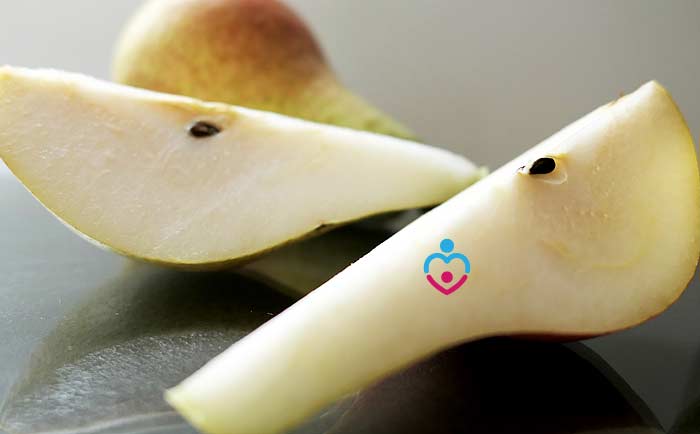
On the same note, pears can upset your baby’s stomach while they will not assimilate any of their benefits. Gas and diarrhea are the most common side effects of pears for infants. For babies older than six months, pears can be a great fruit to treat constipation.
But for young infants, they will have more negative side effects than benefits.
9. Sour cherries
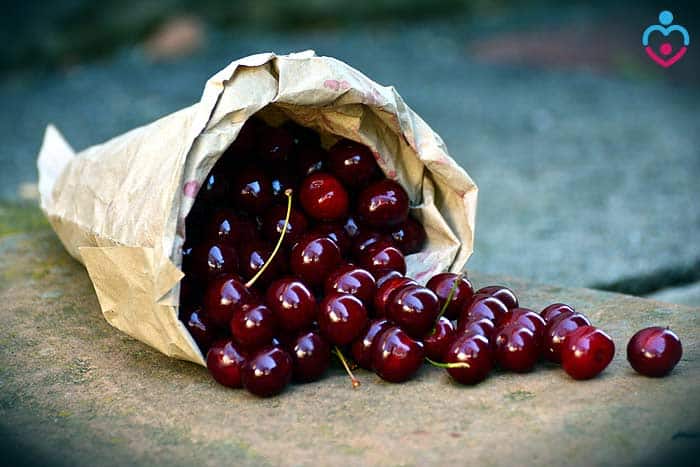
Sour cherries have less sugar than regular cherries, but they can create just as many problems. Your baby will not process them right, and they might give constipation and gas.
In severe cases, sour cherries can cause bloating and constipation for young infants, as well. Once your baby is 1 year old, you can start introducing sour cherries to their diet safely, in moderation.
10. Pineapple
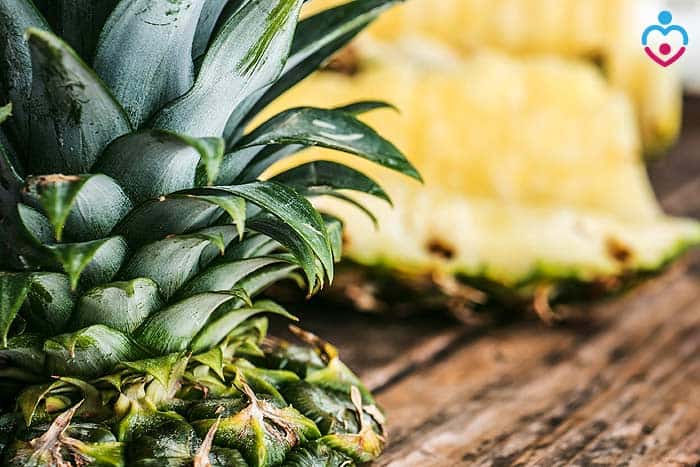
Pineapple is a healthy fruit, but it can also have side effects for your baby. It is not recommended for babies in the first 5 to 6 months, so this should be one of the last fruits you add to your diet when you breastfeed. Pineapple is also acidic, and it has a strong flavor, making it unsuitable for young infants.
The acidic level can make this fruit hard to digest, and the increased sugar might make them fussy. However, once your child is six months old, you can consider consuming pineapple in moderation.
Breastfeeding is an essential phase for both you and your baby. And the food you eat can have a direct impact on both of you.
However, you should try to maintain a balanced diet without being too restrictive. Ultimately, moderation is the most important.
Be aware of the right foods that you can eat to avoid excessive gas for your baby and the ones you should avoid. It is crucial to get to know your baby's preferences as well, so paying attention to their reaction can help you a lot.
![]()
Key References
- "Safe to Eat Lime". Accessed December 07, 2019. Link.
- "Is It Safe To Consider Eating Oranges While Breastfeeding?". Accessed December 07, 2019. Link.
- "Can Nursing Mothers Eat Strawberries? | Healthy Eating | SF Gate". Accessed December 07, 2019. Link.
- "Safe to Eat Kiwi". Accessed December 07, 2019. Link.
- "Does consumption of red grapefruit juice alter naringenin concentrations in milk produced by breastfeeding mothers? - PubMed - NCBI". Accessed December 07, 2019. Link.
- "Safe to Eat Cherry". Accessed December 07, 2019. Link.
- "Safe to Eat Pear". Accessed December 07, 2019. Link.
- "2 Common Fruits To Avoid While Breastfeeding". Accessed December 07, 2019. Link.
- "Is Pineapple Good for Breastfeeding Mothers?". Accessed December 07, 2019. Link.




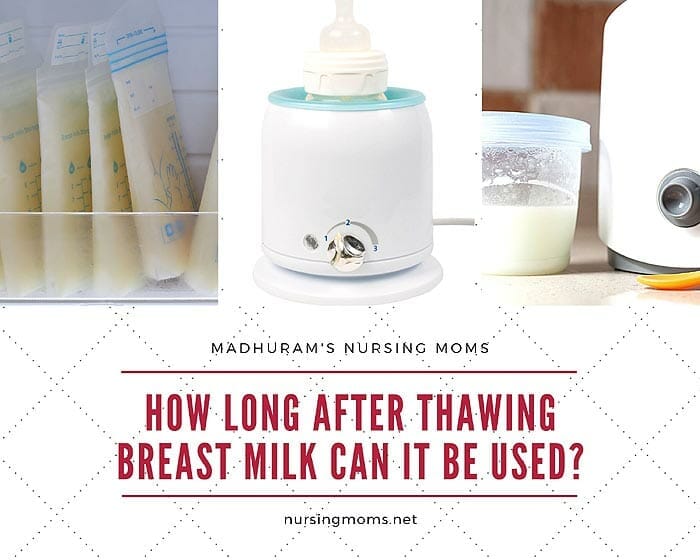
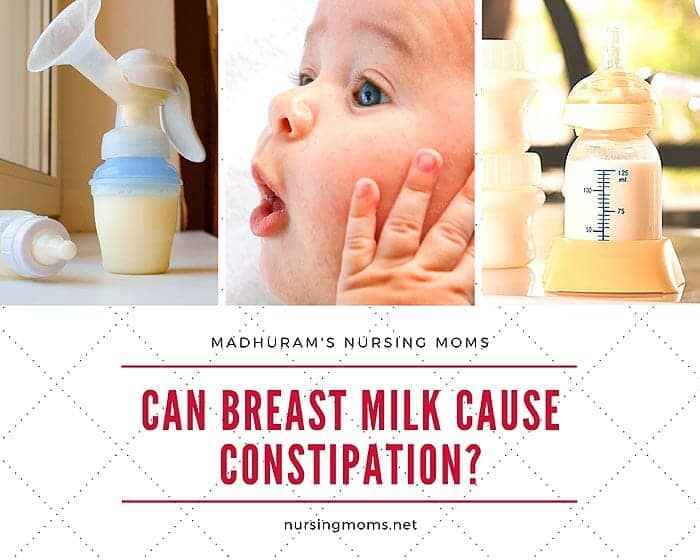
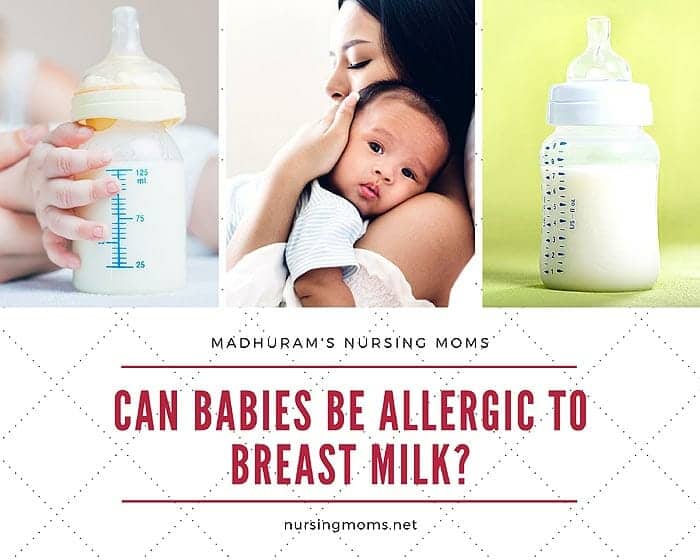
Leave a Reply